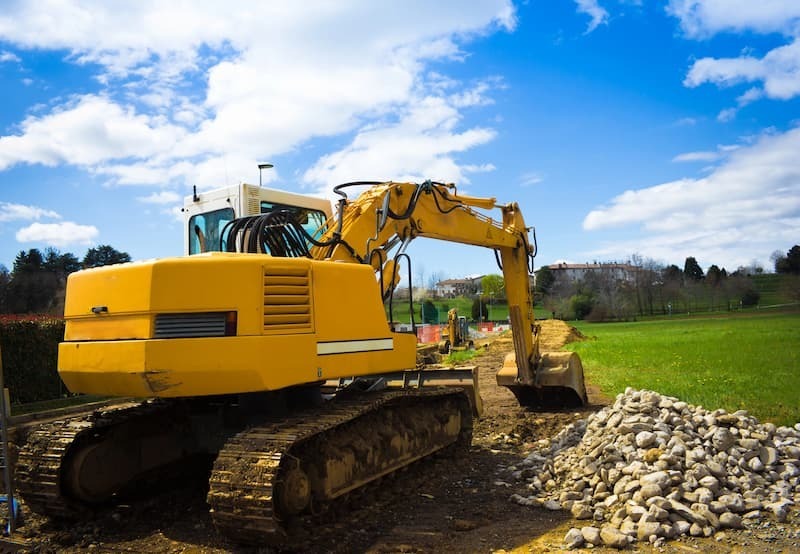Understanding the value of your business equipment is crucial for making informed decisions about purchasing, selling, or maintaining your assets. Equipment value can fluctuate based on a variety of factors, and knowing what influences these changes can help you maximize your investment. Here are the top factors that affect equipment value and what you should consider to ensure you get the most out of your assets.
Age of the Equipment
One of the most significant factors affecting equipment value is its age. Generally, newer equipment tends to have a higher value because it is likely to have more advanced features, be more efficient, and have a longer remaining lifespan. As equipment ages, it depreciates, and its value decreases due to wear and tear and obsolescence. However, some well-maintained older equipment may still hold considerable value if it remains in good working condition.
Condition and Maintenance History
The condition of your equipment plays a critical role in determining its value. Equipment that has been well-maintained, regularly serviced, and repaired as needed will typically have a higher value than neglected or poorly maintained equipment. Keeping detailed maintenance records can demonstrate to potential buyers or appraisers that your equipment has been properly cared for, thereby increasing its perceived value.
Brand and Manufacturer
The brand and manufacturer of the equipment can also significantly impact its value. Well-known and reputable brands are often associated with higher quality, reliability, and better resale value. Buyers tend to trust established brands more and may be willing to pay a premium for equipment from these manufacturers. Conversely, lesser-known or lower-quality brands may depreciate more quickly.
Technological Advancements
Technological advancements can rapidly change the value of equipment. As new models with enhanced features and improved efficiency enter the market, older models may see a decline in value. Equipment that incorporates the latest technology is generally more desirable and can command higher prices. Staying up-to-date with technological trends in your industry can help you make timely decisions about upgrading or replacing equipment.
Market Demand
The current market demand for specific types of equipment can greatly influence their value. If there is high demand for a particular type of machinery in your industry, its value may increase. Conversely, if the market is saturated with similar equipment or if there is low demand, the value may decrease. Keeping an eye on market trends and understanding the supply and demand dynamics can help you anticipate changes in equipment value.
Economic Conditions
Overall economic conditions can impact equipment value. During periods of economic growth, businesses are more likely to invest in new equipment, driving up demand and value. In contrast, during economic downturns, businesses may cut back on spending, leading to lower demand and decreased equipment values. Economic indicators such as GDP growth, interest rates, and industry-specific trends can provide insights into how economic conditions might affect your equipment’s value.
Usage and Operational Hours
The amount of use and the number of operational hours logged on equipment can affect its value. Equipment that has been used extensively may have more wear and tear, reducing its value. On the other hand, equipment with lower usage or fewer operational hours is often more attractive to buyers, as it suggests a longer remaining lifespan and potentially lower maintenance costs.
Upgrades and Modifications
Upgrades and modifications can either enhance or detract from the value of your equipment, depending on their nature and quality. High-quality, professionally installed upgrades that improve the equipment’s functionality, efficiency, or safety can increase its value. However, poorly executed modifications or those that do not add significant value may have little to no positive impact on the overall value.
Regulatory Compliance
Compliance with industry regulations and standards can influence equipment value. Equipment that meets or exceeds current regulatory requirements is often more valuable, as it can be used without additional modifications. Non-compliant equipment may require costly updates or may be restricted in its usage, reducing its appeal and value.
Understanding the factors that affect equipment value is essential for making informed decisions about purchasing, maintaining, and selling your assets. By considering factors such as age, condition, brand, technology, market demand, economic conditions, usage, upgrades, and regulatory compliance, you can better manage your equipment portfolio and maximize its value.
Regular equipment appraisals conducted by qualified professionals can provide you with accurate valuations and insights into how these factors are influencing your assets. For expert appraisal services and more information on managing your equipment’s value, contact us today. Our team of experienced appraisers is here to help you make the most of your equipment investments.


Leave a Reply